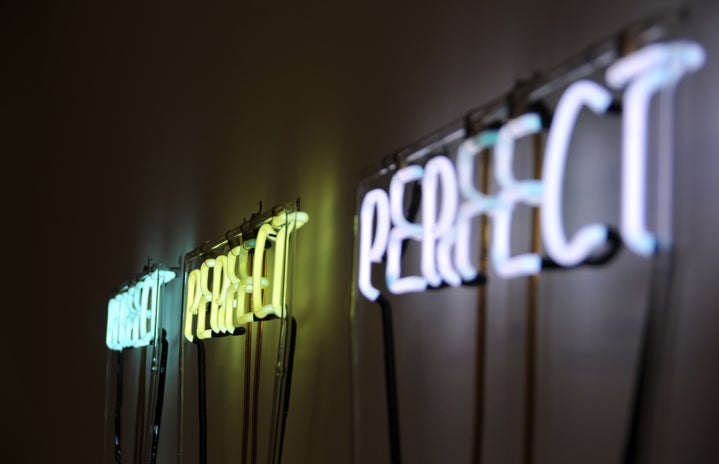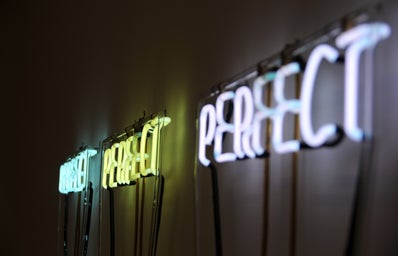‘Perfectionism’ is a typical response given when someone is asked to think of one of their character weaknesses. I have been guilty of using this answer myself. Claiming perfectionism works as a sort of loophole to paint ourselves in a better light, building on the common misconception that being a perfectionist isn’t actually too detrimental. After all, if someone’s fatal flaw is meticulous attention to detail in order to complete tasks to an unmatched standard, is it really even a flaw?
Ironically, I am sure many others can agree with me in saying that perfectionism does not ensure perfection. Whilst it may seem harmless, or even of practical value, I have found perfectionism to be my most limiting quality. It merely sets up unrealistically high standards, not to mention the inevitable sense of disappointment and self-reproach which follows when they are not met. Ultimately, we are imperfect beings, so expecting ourselves never to slip up does more harm than good.
I have personally struggled with the stagnancy caused by my perfectionism. For a long time, I could not understand how desperation to do my best could create the opposite effect: unproductivity, inaction, and even laziness. I found myself procrastinating for hours when it came to preparing for things I considered hugely important. I was too intimidated to even attempt challenges of exams or performances due to the fear that I wouldn’t meet my unreasonable expectations and make no mistakes. I was so afraid to fail that I didn’t even want to begin trying.
My epiphany came by realising that the immense pressure I felt was self-inflicted, and you are your own worst critic. I discovered that I need to be kinder to myself, not only to pursue my wider aspirations, but also small feats so I can begin to build a sense of self-recognition and accomplishment. This is especially important now more than ever considering how lockdown has lessened new opportunities, causing an unsurprising sense of demoralisation. As a perfectionist, the recent lack of tasks has made it even more necessary for me to celebrate small day-to-day triumphs, to remain positive despite things being far from perfect. Granted, it is difficult to tackle even minor tasks when obstructed by fear and uncertainty, but I have learnt the only way to move beyond these feelings is by leaving your comfort zone. I never thought I would have the courage to write a piece of work other than a mandatory essay for my degree, which is silly considering I’m an English student. But sometimes a leap of faith is necessary to break the cycle of self-doubt and create meaning from your mistakes, rather than dwell on them.



